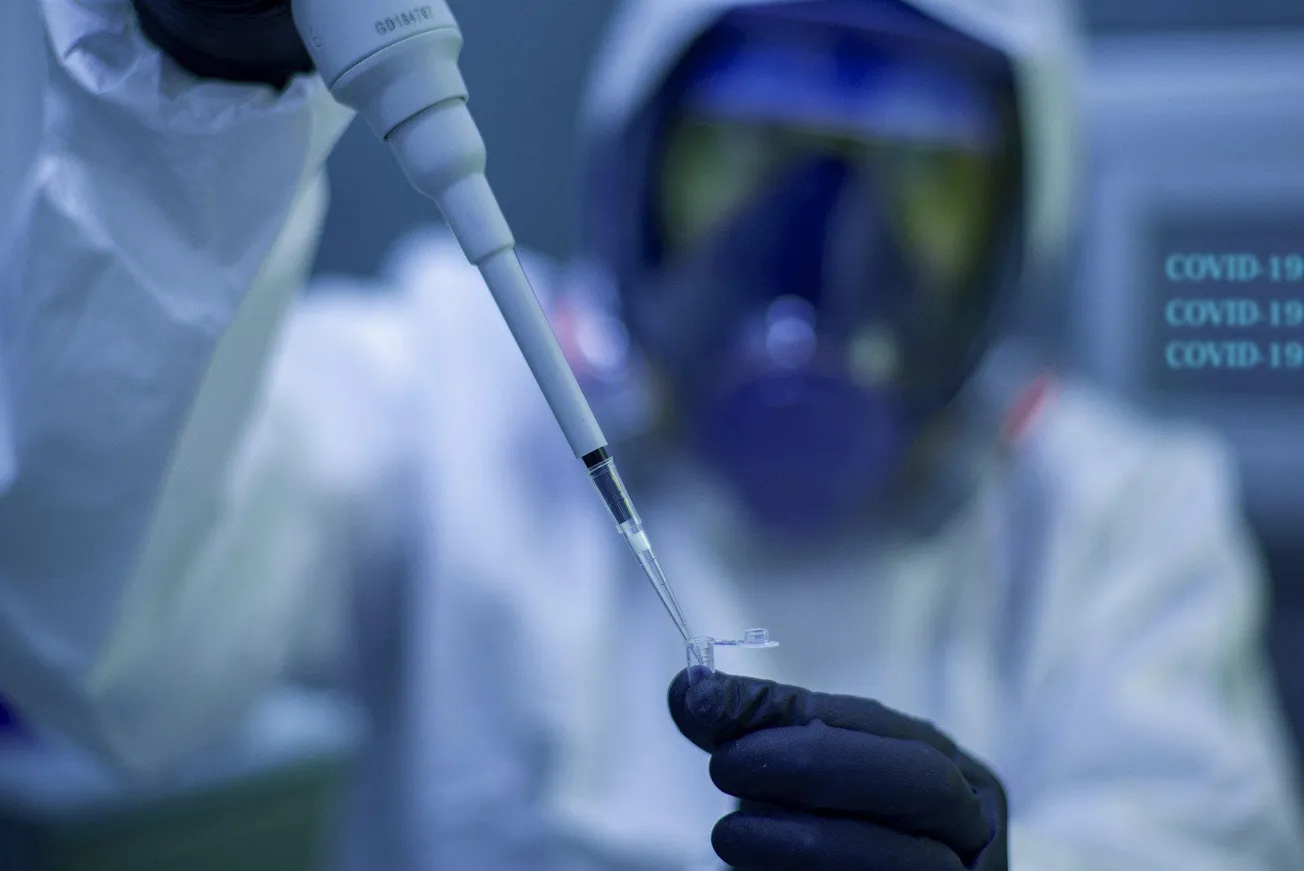When Ibero-American leaders meet tomorrow for the 27th Summit of Ibero-American Heads of State and Government, hosted by Andorra (a principality in the Pyrennes between France and Spain), the issue of equal access to, and production of, vaccines will be at the top of the agenda. Leading into that conference, the Community of Latin American and Caribbean States (CELAC), of which Mexico is the President Pro Tempore, issued a statement yesterday calling on the international community and the world pharmaceutical industry to join with governments and multilateral organizations to “democratize production and access to” COVID-19 vaccines, “as these are a global public good,” and to increase their production worldwide. CELAC emphasized, “It’s urgent that the private sector, governments and international organizations work together to achieve a fair and equitable, transparent, timely and universal access to vaccines, diagnostic equipment, medications and other technologies against COVID-19.” Echoing Schiller Institute President Helga Zepp-LaRouche’s call for a global health system, CELAC stated that the process of democratization must include “the modernization of medical infrastructure and training of personnel.”
Also contributing to this debate yesterday, Mexican Foreign Secretary Marcelo Ebrard, speaking on behalf of CELAC, addressed a meeting of the UN Security Council and called for joint efforts in ensuring implementation of the UNSC resolution 2565 and General Assembly resolution 74/724, both of which refer to international cooperation to ensure world access to vaccines and medical equipment, and recognize vaccines as a “global public good,” according to the Mexican Foreign Ministry’s press release. Referring to the “incredible concentratIon” of vaccines, Ebrard pointed to the collaboration between CELAC and the UN’s Economic Commission on Latin America and the Caribbean (ECLAC) which, he said, have completed an “unprecedented” study on the economic impact of the pandemic and have formulated a “comprehensive plan” for vaccine and medication self-sufficiency that seeks to strengthen production and distribution chains in the region.
The Mexican Foreign Secretary emphasized that because of this collaboration, there are now many universities and research centers in the region working on developing vaccine prototypes, mentioning Cuba, Brazil, Mexico, Argentina, and Chile as countries involved in this work with the goal of creating a “portfolio of vaccines'’ available to the whole region. “Our strategic objective is to be able to count on our own approved vaccines to guarantee vaccines for all the countries of the Community (CELAC) as soon as possible, given the severe restrictions we face in accessing vaccines,” infobae quoted Ebrard as saying.




